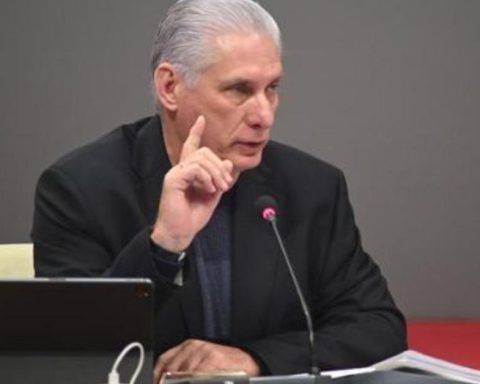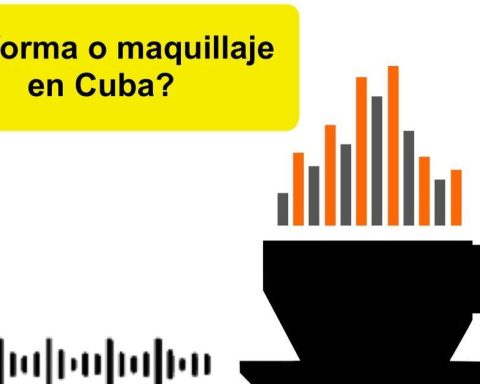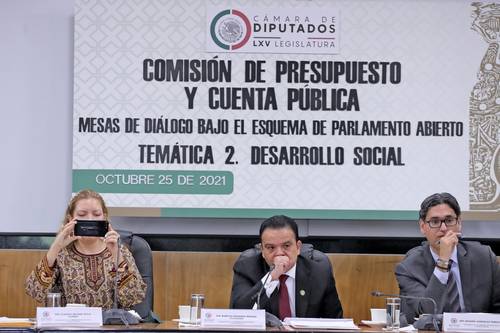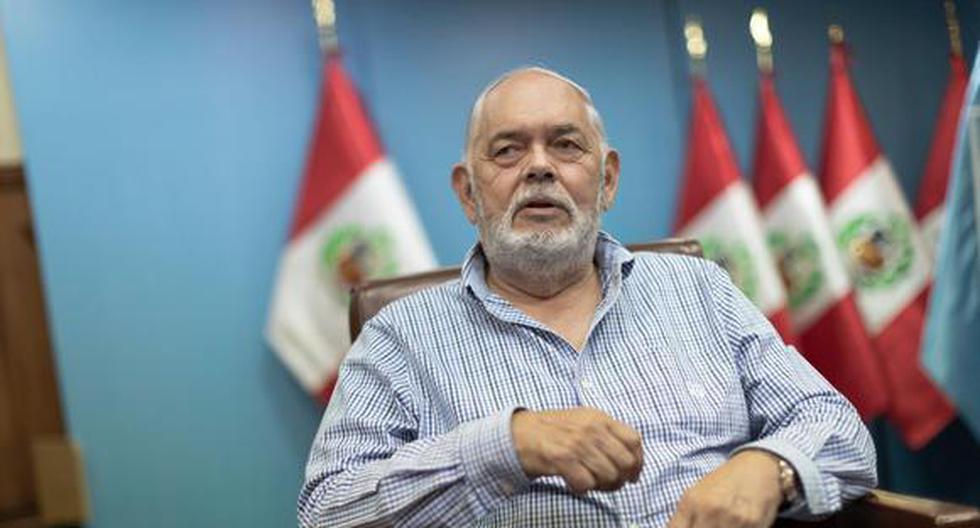The Government’s proposal seeks to raise $ 1.9 billion between 2022 and 2023, but the figure, in the best of cases, would reach $ 1.2 billion.
The Minister of Economy, Simon Cueva, hopes that, in order to cover part of the exceptional expenses of the pandemic, the formal sector of the economy contribute an additional $ 950 million in the next two years (2022 and 2023).
However, with the modifications and reductions made in the Assembly, the collection of the Executive’s proposal would be no more than $ 600 million annually. In other words, the tax reform it would actually contribute about 60% of what was expected.
Javier Bustos, a tax lawyer, explained that there is a majority of large businessmen who are aware of the crisis and that they need to pitch in to avoid major problems.
However, the main annoyance of the productive sector, and of the elders personal contributors, is that in the bill there is no clear commitment or concrete measures so that not only the same old people continue to finance the State and contributing to the treasury.
“The reality is that there are taxpayers and companies that have their assets undervalued. Their properties and shares are priced at cost ”, assured Busto.
Thus, for example, the main economic groups. There are construction companies, exporters, and companies of all kinds, whose owners are companies in Switzerland, the United Kingdom, Delaware, among other jurisdictions.
That sets the tone for high level of evasion and that they exist patrimonies very important that are not being declared. Those patrimonies they will not pay the new temporary contributions proposed by the Government.
“So that in the Assembly The reforms can be approved as proposed by the government authorities, there should be a commitment and concrete measures to increase the tax base. The medium-term goal is for more companies and people to pay, “he said.
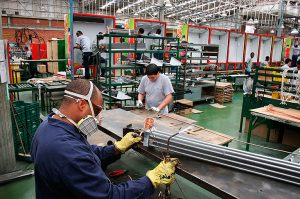
Only 33% natural persons have records in the SRI
Napoleón Santamaría, a tax lawyer, commented that one of the country’s structural problems is that only a small percentage of citizens are under the radar of the authorities.
In total, only 33% of the natural people has records in the Internal Revenue Service (SRI)In other words, they have at some point made formal transactions that include an invoice with a first and last name, the opening of a RUC, among others.
In this context, government The only thing left is to tighten the screw for those who are in their sights, because changing this situation represents a high investment, both in time and in public resources.
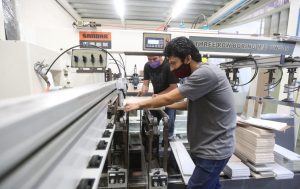
Bustos, for his part, stressed that, under the cloak of informality, there are people who are untouchable in the country; but not all those who do not pay taxes are poor.
“There are also companies and people that generate good income, but do not contribute anything. If you have a bakery and pay your taxes, pay VAT, rent, get your permits. But the bakery next door does not bill, it does not pay the rent, of course it will annoy it that they demand more, “he clarified.
The low level of formalization of natural persons adds that only eight out of every hundred companies pay income taxes. (JS)
More expense deductions and less temporary contribution
Among the main modifications that the Assembly, after requests from productive unions and professional associations, is to increase the limit of personal expenses deductions from the $ 5,000 of the Executive’s proposal, to at least $ 9,000 per year.
In addition, it would be thought that the temporary contribution on the patrimony has more exceptions and is disbursed only once with payment facilities.
This would try to reach a middle ground between the proposal of the government and the aspirations of the business chambers, which ensure that tax increases are unfeasible in the midst of the crisis.
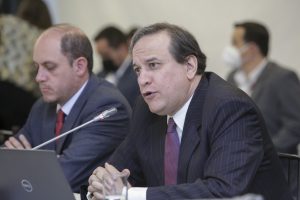
Ecuador has a high level of deduction for personal expenses
The level of deduction of personal expenses in Ecuador is one of the highest in the region and the world, according to the Minister of Simón Cueva Economy
Currently, up to $ 14,576 per year is allowed (more than 250% of GDP per capita), but in other countries it does not reach, on average, even 80%.
The Minister He gave as an example that, in USA the ceiling is $ 12,000, in Spain it reaches $ 1,000 and in Colombia it does not exceed $ 10,000 a year.
“The too high level of deduction of personal expenses implies a regressive impact on the income tax of the people”, he assured.
So, for example, a person with an income of $ 100,000 a year saves about $ 5,000 in tax payments due to deductions. But, another who earns $ 30,000 annually only saves $ 1,500.
In accordance with CaveIn real terms, half of Ecuadorian taxpayers are currently deducting $ 5,000 or less from personal expenses. For this reason, this limit is proposed in the tax reform.
El Gobierno asegura que la reforma tributaria afectará al 3,5% de la Población Económicamente Activa (PEA), es decir, a 273.726 personas




